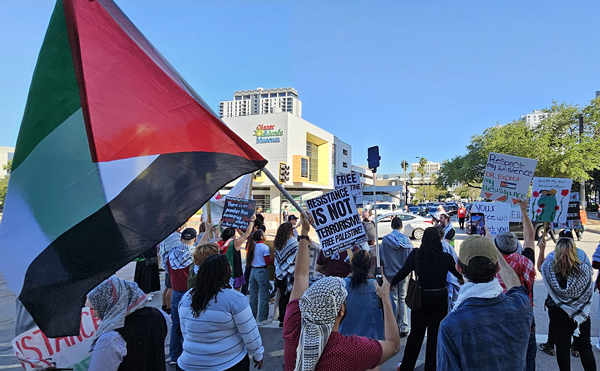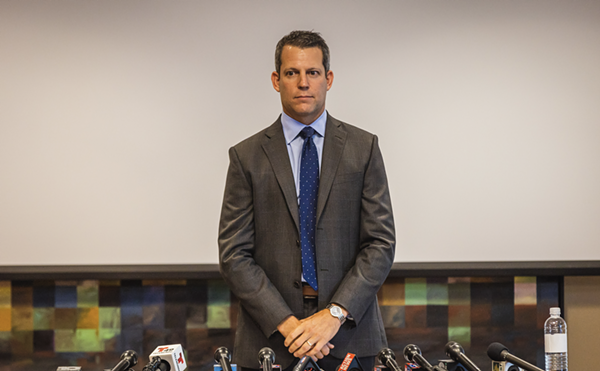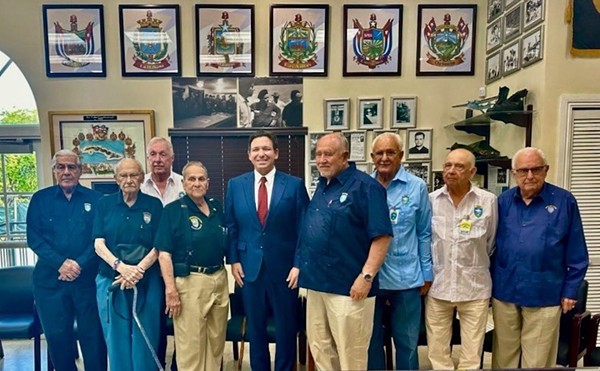So that's all one long development which I think of as a sort of bankruptcy of violence. Not that violence ever was a wonderful thing, it always was a tragedy and a horror, but now it really has become increasingly bankrupt on its own terms; in other words, it doesn't even bring the victory that was always the temptation for war.
But then I trace another development of which people's war is also a part. Really I think it's a new kind of power that has been slowly developing. To me that's the more interesting part of the book, because it means that a means of existence whereby peoples can defeat superior violence has become more and more effective. So people's war is a part of that. But then it occurred to some people, well, if we can defeat great powers with inferior violence, maybe we can do without any violence at all.
And Gandhi did that. And they did it in bringing down the Soviet Union too, the Solidarity movement in Poland, the movements in Eastern Europe, which were very inspiring to me, and then eventually it flooded into Russia and Russia itself dropped out of the Soviet Union and then that was the end! And all of that was sort of like a process of what the writer Leonard Woolf called the "world revolt." This was the world revolt against the imperial powers.
Do you see this as a historical trend that's been building, these nonviolent revolutions?
Absolutely! It comes and it goes, but I do see it as a historical trend that's been building. I think people's war was sort of a halfway point, but the Soviet Union came down almost without warfare. It's an astounding thing, and I don't think we've looked at that enough. So I try to look at that and ask a question: What is it that permitted these local peoples to resist and defeat imperial domination?
And Mao and Ho Chi Minh gave an answer: They said, it's politics, it's revolutionary politics. It means if you win the hearts and minds of the people, then even if you're militarily weaker, you will have strength that will prevail at the end of the day — and they were right.
What are the various ingredients in a culture that enables it to successfully carry off nonviolent resistance, and do you think they exist in the U.S.?
They are a strong energetic will of millions of people to pursue what they believe in and the willingness to make sacrifices for that. That's above all. Does it exist in the U.S.? Not very much, but more than, let's say, nine months ago.
You're referring to the peace movement.
The peace movement and the global justice movement. And as I have gone around I have detected a sort of seething anger — admittedly among a minority — about what's going on. I think there is a new energy out there that can be very powerful. You know, Margaret Mead said that a dedicated minority can change the world and nothing else ever has. And I believe that's true. I mean, you have to win over a majority; you have to speak to your fellow citizens who disagree with you; you have to persuade them. But if you don't have that dedicated minority to begin with, that's not going to happen.
So I think there are the stirrings of that. I think we possibly have the makings of that in this country, as we have in times past, like the civil rights movement, for example, so I think those are reasons for not despairing.
You must be alarmed at the way the Bush Administration is using military force to get its way in the world. If they continue down this path, what will happen? And what are our alternatives?
Well again, the principal theme of this book, which I was thinking about before there ever was a Bush Administration, is that in the long run it is not military power but political power that triumphs. That's the lesson of people's war, that's the lesson of Solidarity in Poland, that's the lesson of Gandhi in India. In other words, if you actually want to run other countries, you have to do it on the ground. You can't pick up the garbage from 35,000 feet. A B-52 bomber cannot put the bandages on somebody's wound in a hospital. As somebody said to Napoleon, you can't mine coal with bayonets. So, even as the U.S. is triumphing militarily, it's losing politically — spectacularly!
Just with this one absurd war in which we can't even find the weapons of mass destruction that were supposed to justify it, we seriously alienated the planet. The human species did not like what we did. You can measure this, you can look at opinion polls. This is not a historical detail; this is a major political fact with major political consequences for the future and for the present too.
















